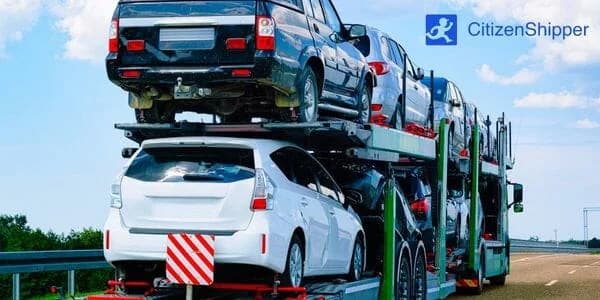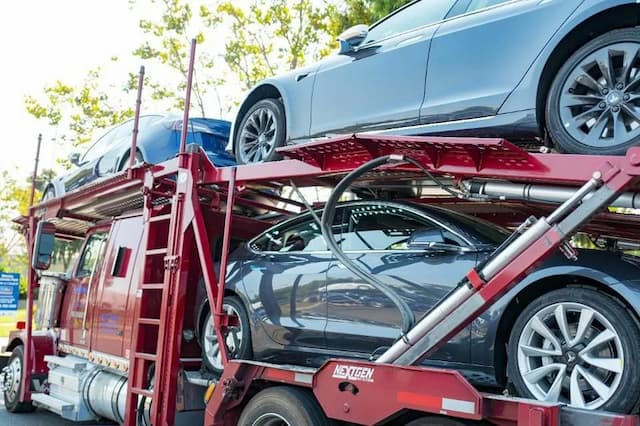Navigating Car Transport in Eugene, OR
When it comes to shipping your car in Oregon, there's a world of factors to consider. Oregon, with its unique boating regulations, ever-changing climate conditions, and urban challenges, presents a distinct set of circumstances. But don't worry! Here at CitizenShipper, we are committed to helping you navigate through it all. Whether you're moving into or out of Eugene or need to transport your car for any reason, our expert team is here to help.
Oregon's Vehicle Transportation Laws & Regulations
In Oregon, car transportation laws and regulations are in place to ensure the safety and preservation of all vehicles and public roadways. Auto transporters must adhere to the Federal Motor Carrier Safety Administration (FMCSA) regulations for safety. Compliance involves ensuring that all vehicles are properly secured during transport and maintaining necessary documents for every shipped vehicle.
All auto transporters operating in Oregon must also possess an active MC Docket number, issued by the FMCSA. This number signifies that a transportation company is registered under the federal government, allowing them to legally operate across state lines. Additionally, Oregon requires carriers to have specific insurance minimums and may have extra permits for oversized or specialty vehicles.
Weather & Terrain Considerations in Eugene, OR
Weather patterns in Eugene, OR have a significant impact on car shipping. With a temperate climate influenced by the Pacific Ocean, Eugene experiences mild, wet winters and warm, dry summers. The Willamette Valley's rainy season (October through May) can create slick roads and reduced visibility, potentially causing shipping delays.
Eugene's terrain is characterized by its location in the southern Willamette Valley, surrounded by forests and hills, with the Cascade Mountains to the east and the Coast Range to the west. These geographical features can present shipping challenges, especially during winter months when mountain passes may experience snow and ice. Interstate 5, which runs through Eugene, is the primary shipping corridor, but rural routes may require additional planning. It's beneficial to schedule shipments during favorable weather conditions and allow extra time for potential weather-related delays, particularly from November through February.








